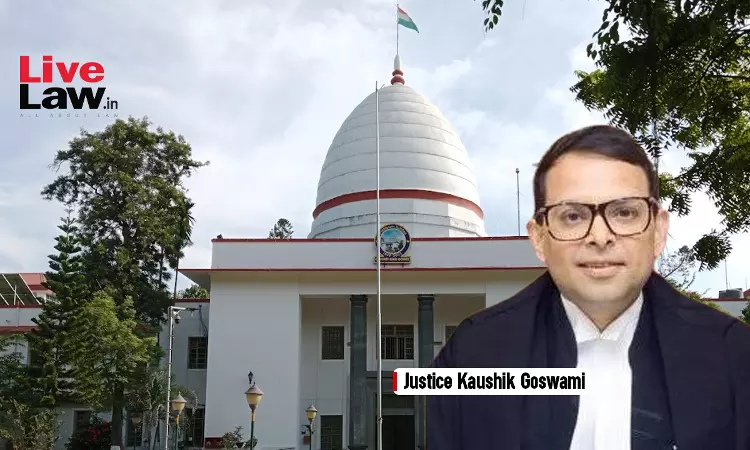The Gauhati High Court has made it clear that the charge of penetrative sexual assault under the POCSO Act can be invoked even on slightest penetration and it is not necessary to show victim's hymen-tear in such cases.It thus set aside the judgement of a trial court by which it acquitted an accused in a criminal case registered under Section 6 of the POCSO Act, on the ground that the trial...

